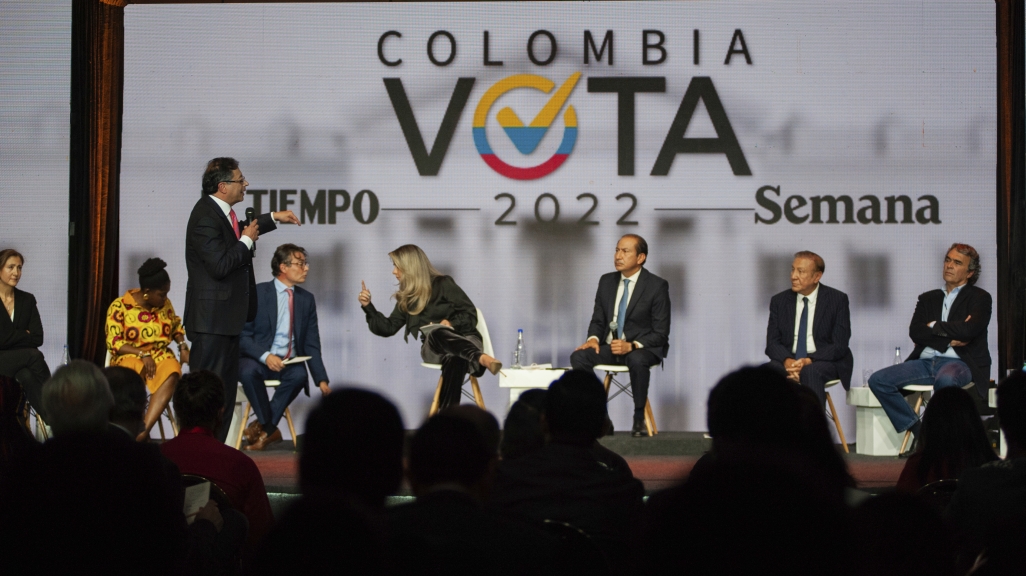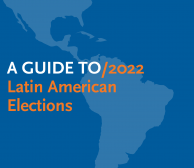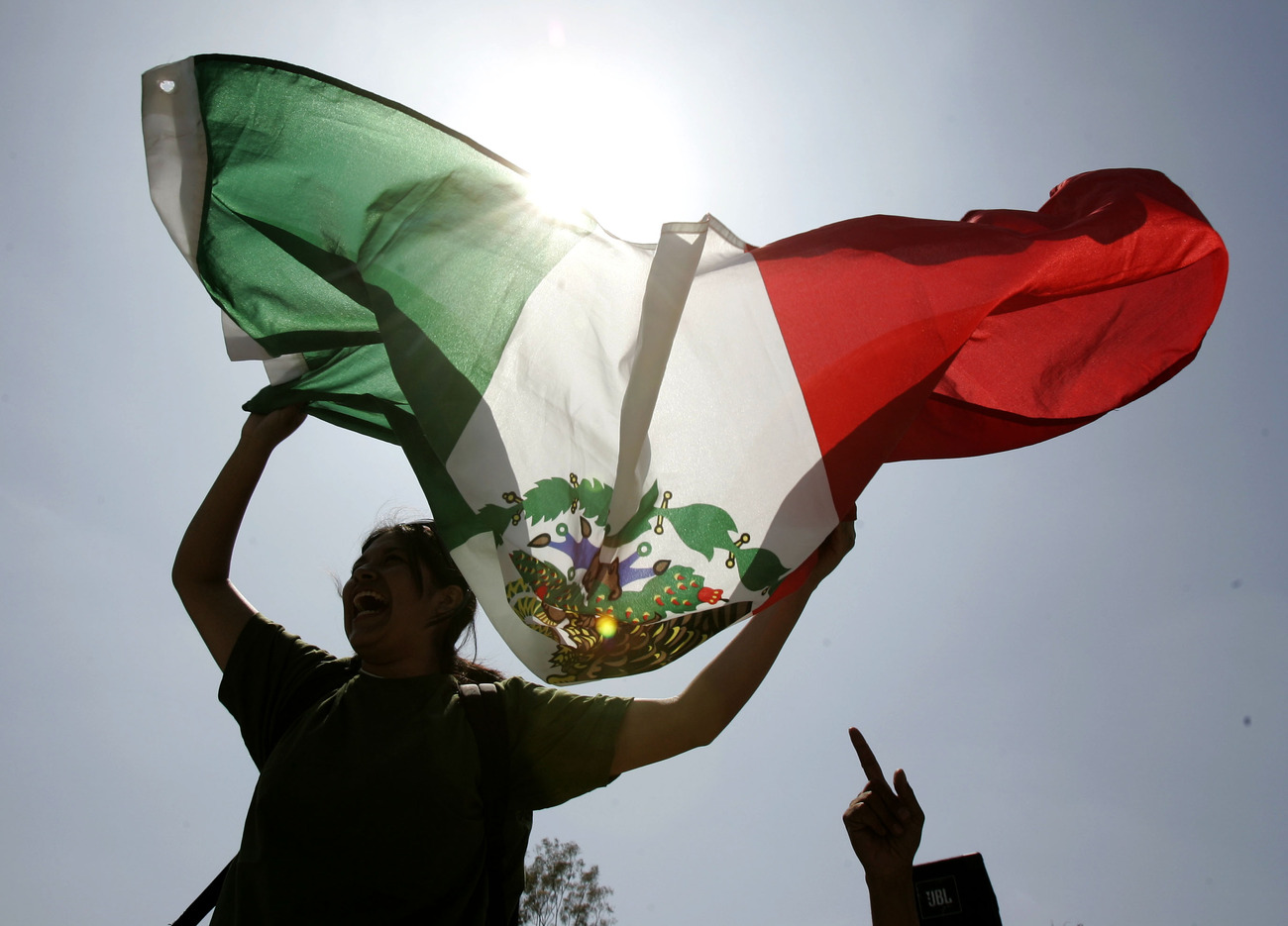LatAm in Focus: The Elections of Colombia’s Discontent
LatAm in Focus: The Elections of Colombia’s Discontent
Ahead of March’s presidential primaries and legislative elections, Albright Stonebridge Group’s Muni Jensen previews what’s at stake for the country’s democracy.
“The makeup of cabinets has to change and include new faces.”
Will the country change political course? Ahead of the May 29 first round, we look at the top presidential candidates.
AS/COA covers this year’s votes in the Americas, from presidential elections to referendums.










